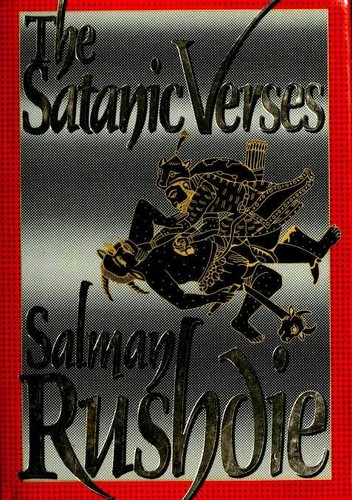Recollections of Ergo
Ergo: The Campus Voice of Reason. That was the name of our paper. Like all college students, we were more confident we were right than we should have been, but we stood apart from the crowd. As an organization, we were never “liberal” or “conservative” in the popular sense of the words. Our position was libertarian, strongly influenced by Ayn Rand’s philosophy of Objectivism. Ergo challenged university administrators, the campus left, politicians, and academics. My association with Ergo helped me to develop a framework of thought that I still go by. My views on what is important and how to achieve it have changed, and so have some of my conclusions, but my basic principles have changed very little.
Ergo came into being during a time called the “sixties,” which lasted from about 1965 to 1975. The founder was J. R. M. Seitz, who allegedly acquired all the parts necessary to build an Atlas missile (except the nuclear warhead) on the open market. It was the time of the Vietnam War and urban riots. It was a time of protests and violence. People marched and occupied buildings. Some thought that totalitarian Communist states were a great idea. Others just wanted the government to stop drafting people and sending them into an undeclared war on the other side of the globe. Once I was punched in the nose, and another time the sweater I was wearing was set on fire. I can’t count the number of times I was called a fascist. Interesting times.
(more…)
 Here’s my latest for the Online Library of Liberty:
Here’s my latest for the Online Library of Liberty: 
